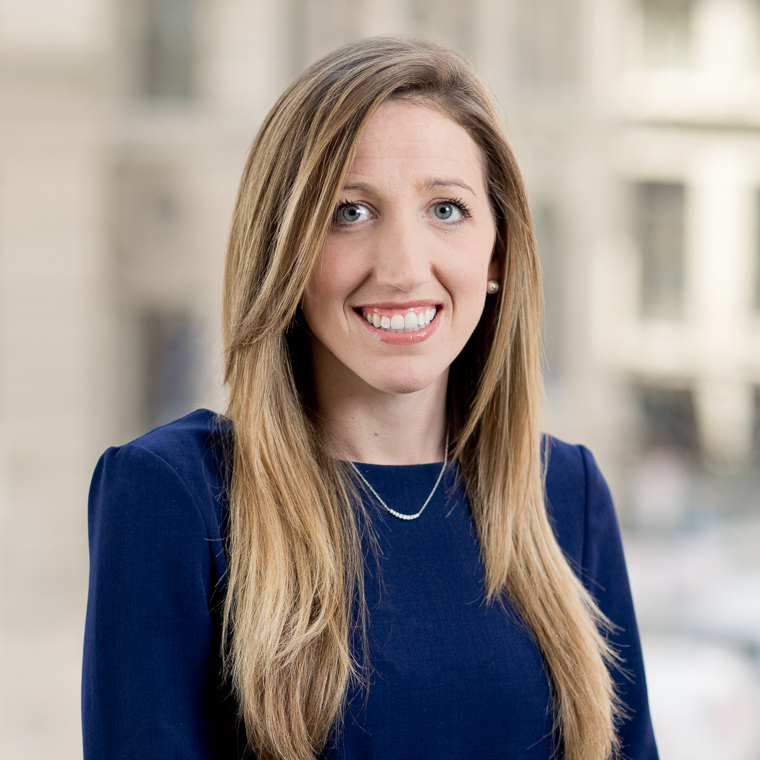In the wake of recent unexpected changes in the way that companies do business, the goods and services that consumers demand, and the accompanying market volatility, plaintiffs have begun filing securities fraud complaints under Section 10(b) of the Securities Exchange Act asserting allegations related to COVID-19. This article summarizes the four securities fraud cases that have been filed to date, which provide instructive context for any company navigating economic changes and new market dynamics in the time of COVID-19.
As described below, in each of the cases, plaintiffs challenge public statements that companies made about the impact of COVID-19 on their businesses. More specifically, one case, filed against a cruise operator, may serve as a warning flag to any company that has seen a steep decline in demand or revenue as a result of this crisis and responds to increased pressure to maintain its consumer base. Three others—filed against a pharmaceutical company, a videoconferencing business and a healthcare technology company—suggest that caution is warranted even when companies experience sudden stock surges in the wake of COVID-19. When considering disclosures in this constantly evolving environment, companies should be mindful of the current state of understanding of the public health implications of COVID-19 itself, as well as companies’ limited ability to predict whether, and how, the marketplace will respond to their businesses during the pandemic. As these cases demonstrate, whether the impact of COVID-19 is positive or negative, plaintiffs likely will continue to zero in on any statement that they can allege either understated the risk posed by COVID-19 to the company’s business or overpromised on the company’s ability to thrive in these challenging circumstances.
*****
Cruise Operator Litigation. Plaintiffs filed the first securities fraud class action related to COVID-19 on March 12, 2020, in Douglas v. Norwegian Cruise Lines in the Southern District of Florida. Plaintiffs named Norwegian Cruise Lines and its chief executive officer as defendants. Plaintiffs allege that Norwegian’s February 20, 2020, Form 8-K and press release failed to disclose known adverse facts related to the impact of COVID-19 on Norwegian’s business and operations. For instance, plaintiffs allege that the Form 8-K falsely stated, “Despite the current known impact from COVID-19 coronavirus outbreak, as of the week of February 14, 2020, the Company’s booked position remained ahead of prior year and at higher prices on a comparable basis.” They further allege that Norwegian’s Form 10-K, filed one week later, failed to disclose that Norwegian sales representatives were providing customers with unproven or false information about COVID-19 and the company’s business in order to encourage customers to book or not cancel cruises.
Plaintiffs allege that the truth was revealed on March 11, 2020, when a Miami New Times article reported on leaked emails from a Norwegian employee related to the company’s sales practices and statements to customers. The article reported, for instance, that Norwegian employees were instructed to tell potential customers that “coronavirus is not a concern in warm Caribbean climates” and that, contrary to what sales representatives told customers, “sales are at serious lows.” The company’s shares allegedly fell 26.7% that day and a further 35.8% the next. Notably, Norwegian’s stock price had already declined during the period between the alleged misrepresentations/omissions and the alleged “corrective disclosure”—from $48.51 on February 20 to $20.50 on March 10.
Pharmaceutical Company Litigation. Also on March 12, plaintiffs filed suit against Inovio Pharmaceuticals, Inc., and its chief executive officer in the Eastern District of Pennsylvania. Plaintiffs allege that Inovio made false and misleading statements when, on February 14, 2020, it announced on Fox News that the company had developed a COVID-19 vaccine “in a matter of about three hours” and planned to begin human testing early this summer. The company’s chief executive officer repeated the statements on March 2, 2020, in a highly publicized meeting with President Trump and asserted that the company planned to start US-based trials in April 2020. The company’s stock price allegedly “more than quadrupled from $4.28 per share on February 28, 2020, and continued to increase in the following weeks, reaching an intra-day high of $19.36 on March 9, 2020.” Then, on March 9, an activist short-seller called Citron Research called for a Securities and Exchange Commission investigation into the company’s alleged misstatements. Inovio’s stock price subsequently fell to $5.70, which allegedly represented a “71% decline from its Class Period high.” A shareholder derivative complaint was filed against Inovio’s board of directors on April 20, 2020, in the Eastern District of Pennsylvania.
Videoconferencing Business Litigation. About a month later, on April 7, 2020, plaintiffs filed a securities fraud class action related to COVID-19 against Zoom Video Communications and its chief executive officer in the Northern District of California. Plaintiffs allege that, contrary to Zoom’s disclosures about its robust data security, the company failed to employ adequate data privacy and security measures and did not encrypt its service. According to plaintiffs, the truth began to emerge on July 8, 2019, and continued to develop over the following months. But plaintiffs allege the truth was not “fully laid bare” until the increasing use of Zoom’s video communication software during the COVID-19 pandemic resulted in the publication of a series of news articles between March 26 and April 2, 2020, about flaws in Zoom’s security. The articles asserted, among other things, that Zoom’s privacy policy did not make clear that Zoom shared some data analytics with a third-party and that Zoom was “under scrutiny by the office of the New York State Attorney General” for data privacy concerns. The company’s stock price fell 19.62% between March 27 and April 2, and another 4.1% on April 6 following the publication of additional news articles and reports concerning alleged data security flaws, including the alleged news that New York City’s Department of Education banned the use of Zoom in classrooms.
Healthcare Technology Litigation. Approximately three weeks later, on April 29, plaintiffs filed suit against SCWorx Corp., a healthcare technology company, and its chief executive officer in the Southern District of New York. Plaintiffs allege that SCWorx made false and misleading statements when it announced in an April 13 press release that it “had received a committed purchase order of two million COVID-19 rapid testing kits, ‘with provision for additional weekly orders of 2 million units for 23 weeks, valued at $35 million per week.’” The company’s stock price allegedly increased approximately 80%, from $2.25 to $12.02, on news of the order. Then, on April 17, a third-party research firm published a report calling the deal “completely bogus,” citing SCWorx chief executive officer’s “checkered past” of pleading guilty to tax evasion and paying judgment in a fraud suit, the “questionable credibility of [SCWorx’s] supplier,” which was run by a “CEO … alleged to have falsified his medical credentials,” and disclosures by the supplier’s source that “disavowed any relationship” with the supplier. Over the next three trading days, SCWorx’s stock price allegedly fell more than 17%.
*****
While the outcomes of these four cases have yet to be determined—the courts in these cases have not taken any significant actions—the cases provide the initial contexts for securities fraud suits related to COVID-19. Based on the limited number of securities fraud suits that have been filed to date, plaintiffs appear to have targeted both companies that have been negatively impacted by the pandemic and those that have experienced unexpected opportunities. Either way, companies should consider whether their situation aligns with any of these contexts and, when making disclosures, bear in mind the way plaintiffs have framed their allegations in each of these actions.
Ultimately, as these cases demonstrate, each potential action will turn on the specific facts at issue. To that end, WilmerHale is closely monitoring developments in securities fraud litigation related to COVID-19. If you have any questions, or require assistance with a securities litigation matter, please feel free to reach out to this alert’s authors or any of your contacts at WilmerHale.



